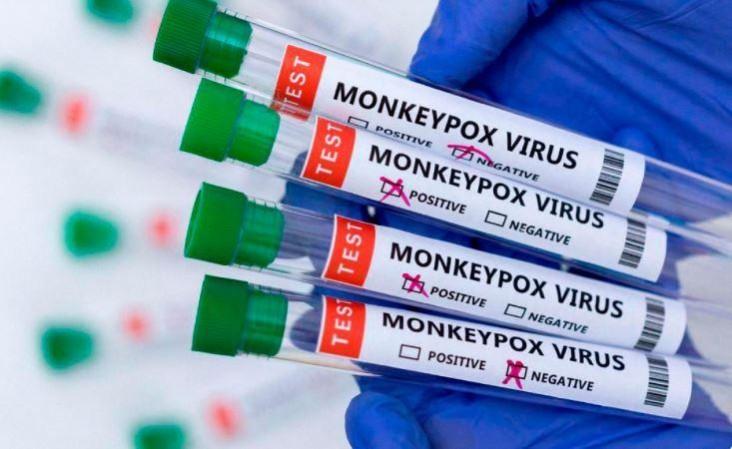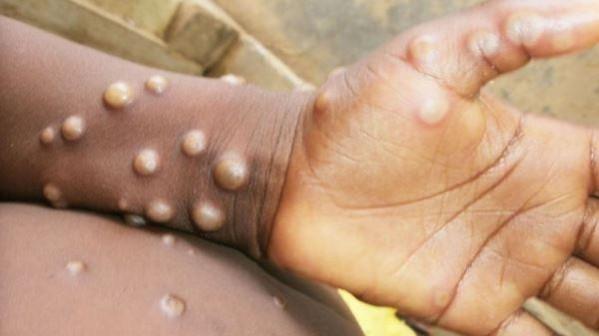
The deadly new strain of Mpox, often referred to as monkeypox, has been spreading rapidly across the African continent and beyond, posing a significant threat to global public health. The virus, which was previously confined to isolated regions, is now inching closer to India, with neighboring Pakistan already reporting initial cases. The question that arises is whether India is equipped to handle another potential pandemic.
Mpox is an infectious disease caused by the MPXV virus, which belongs to the Orthopoxvirus genus. The virus was first discovered in 1958 in Danish research monkeys, and the first human case was documented in Congo in 1970. Following the elimination of smallpox in 1980, Mpox began to emerge in Central, Eastern, and Western Africa. The disease is primarily transmitted through direct contact with infected people, animals, or contaminated objects. Symptoms include severe rashes, fever, and enlarged lymph nodes.
Dr. Prashant Sinha, Head of Emergency at PSRI Hospital, explained the transmission of the virus. It is evident that Mpox is highly transmissible through close human contact, particularly during intimacy or through sexual fluids. This includes actions such as touching, hugging, kissing, or even sharing utensils or clothing of an infected person, he said. The virus can also spread through contact with contaminated materials like bedding, towels, or surfaces that have been exposed to the virus.
The World Health Organization (WHO) recently declared a global health emergency due to the rapid spread of malaria in 13 African nations, including Congo, where there have been documented cases of 14,000 and 524 deaths. The Mpox virus affects the functioning of the brain, leading to conditions such as encephalitis. We need to be vigilant and monitor patients closely, particularly those who present with neurological symptoms, to ensure timely intervention, said Dr. Praveen Gupta, Principal Director & Chief of Neurology at Fortis Hospital.

The neurological impact of Mpox necessitates a multidisciplinary approach to managing the disease. Experts suggest a multi-pronged approach to prevent the spread of Mpox in India, including public awareness campaigns, vaccination drives, and strengthening healthcare infrastructure. Early detection and isolation of cases are crucial, and the WHO recommends contact tracing and quarantine measures. The lessons learned from the COVID-19 pandemic should serve as a wake-up call for India.
The Director-General of the International Health Regulations (IHR) Emergency Committee has communicated to States Parties a 12-month extension of the current standing recommendations for Mpox. The temporary recommendations issued by the Director-General reflect the advice offered by the Committee. The Committee was convened by teleconference to discuss the upsurge of Mpox in 2024.
The situation in Congo is particularly alarming. The country's humanitarian crisis has allowed Mpox to spiral into a global health emergency. The Bulengo displacement camp in eastern Congo is effectively ground zero for a series of Mpox outbreaks in Africa. The camp administrators first started noticing people exhibiting symptoms of the disease about three months ago. However, due to a lack of testing, the exact number of Mpox cases in Bulengo remains unknown.
In the neighboring province of South Kivu, some 350 new cases are being detected per week. The capital of North Kivu, Goma, which is almost surrounded by an armed rebellion and where hundreds of thousands of displaced people are crammed into makeshift camps, fears a large-scale spread due to promiscuity.
The disease typically appears within five to 16 days after exposure but can develop up to 21 days. Most people fully recover from the disease within four weeks, but this is dependent on how mild or severe symptoms are present in a patient. The Director for Public Health, Dr. Franklin Asiedu-Bekoe, has revealed that the Ghana Health Service has reactivated its surveillance on the disease.
The threat of Mpox is real and imminent. India, with its vast population and strained healthcare infrastructure, needs to act swiftly and decisively to prevent a potential outbreak. The lessons learned from the ongoing pandemic should guide the country's response. Public awareness, early detection, and a robust healthcare response are key to preventing the spread of this deadly disease. The global community must come together to tackle this new health threat and ensure that the mistakes of the past are not repeated.










